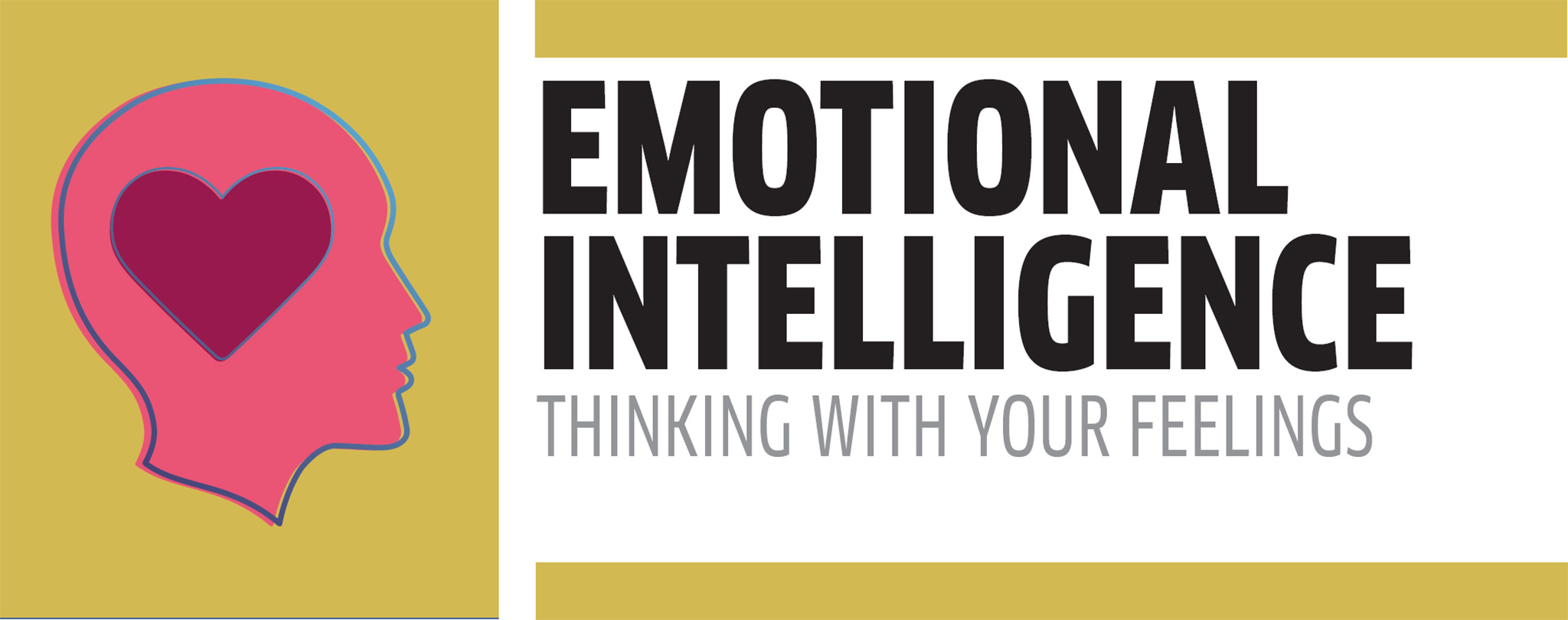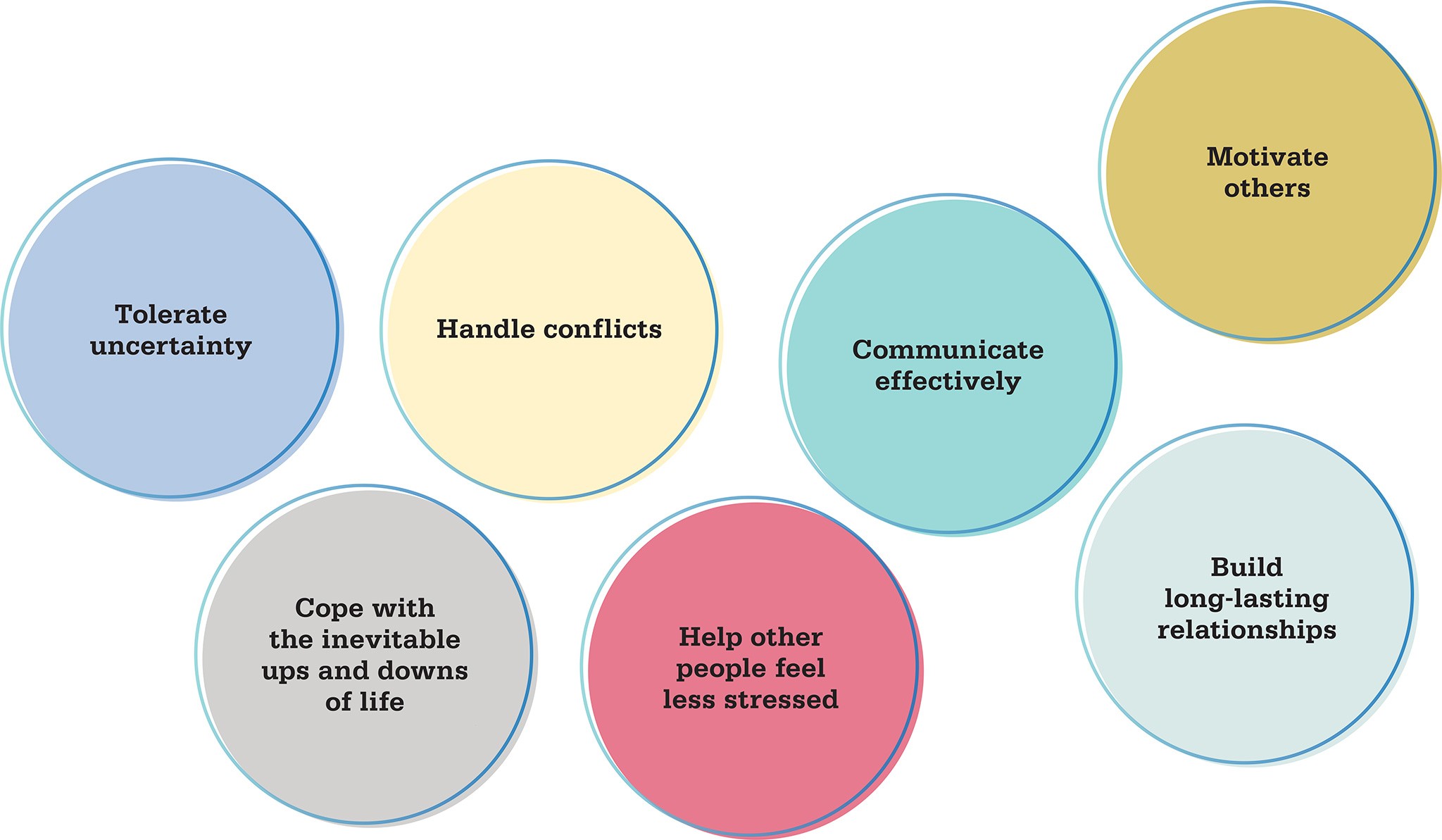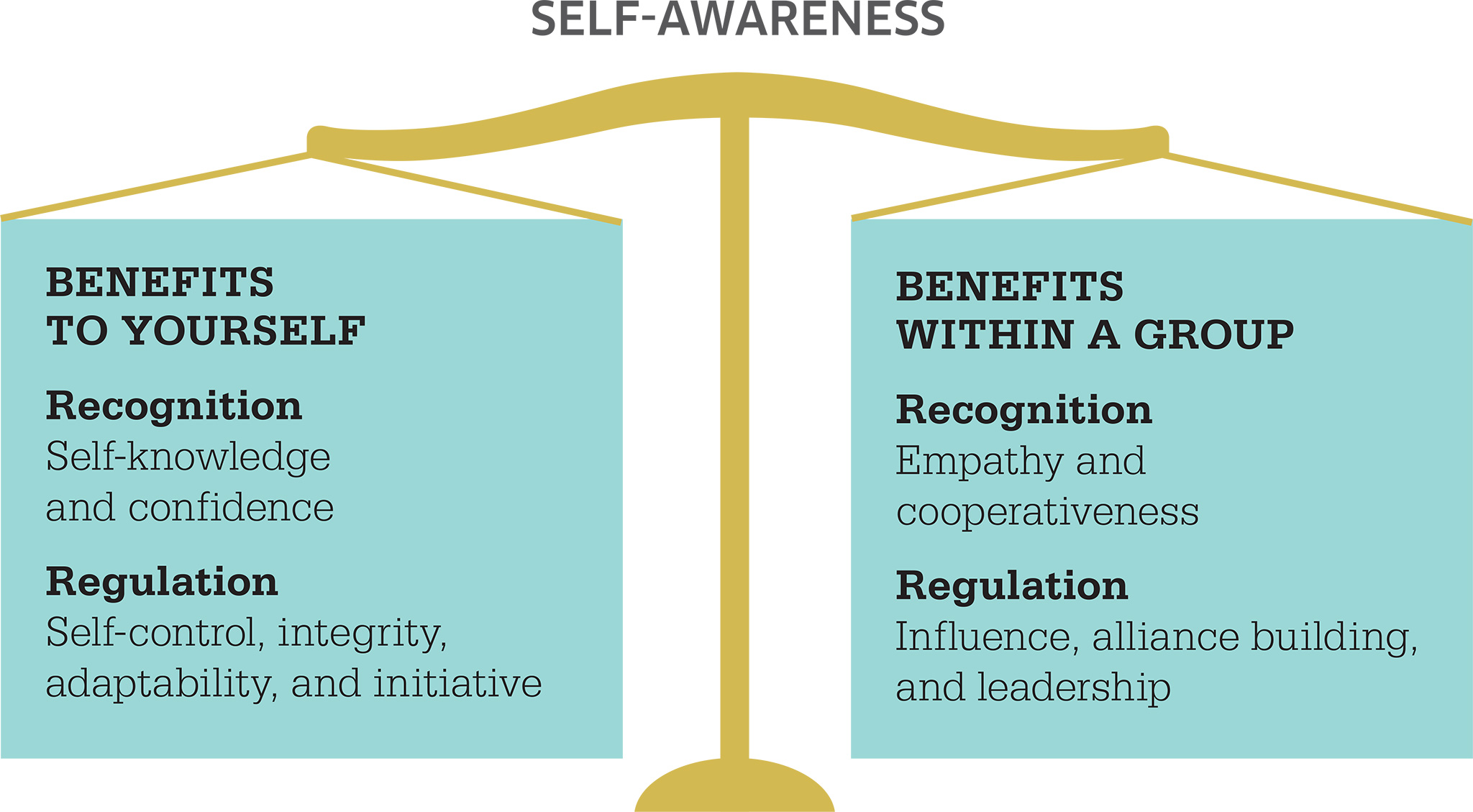
Trying to succeed without knowing what we really feel is like trying to find our way in the dark. Achievement in all aspects of our life depends on understanding our own feelings and those of the people around us.
Sometimes it’s easy to get focused on the “externals” of success: what are my qualifications, who are my contacts, what do I have to show for myself? If we want to manage these skillfully, though, we need to understand ourselves and the feelings of the people we come into contact with.
Emotional insight
The concept of “emotional intelligence” has become increasingly influential since it was first put forward in the 1990s. Psychologist Daniel Goleman defines emotional intelligence as being able to:
- Monitor your own and other people’s feelings
- Label those feelings accurately
- Use this information to guide your thoughts and actions.
This means we need to be attuned to our own feelings and the emotional content of our interactions with other people, and be able to make sound judgments based on these insights. This comes more easily to some of us than others. The good news is that emotional intelligence is something we’re able to learn.

Enhanced effectiveness
Developing your emotional intelligence can make you highly attractive to employers. Teacher and positive psychology trainer Ronen Habib reports that, at a conference involving top HR executives from high-profile employers such as Google and Facebook, the following skills were listed as being highly sought after: working well with others; creativity; basic knowledge of the subject matter; perseverance through adversity; and time management.
These qualities, they observed, are actually difficult to find. Children are not taught them in school, and we have to learn them for ourselves. If you can do these things, it puts you well ahead of the competition. Working adeptly with others, for example, requires well-developed emotional intelligence skills.
Cultivating your awareness
Practice looking within to see how your feelings, thoughts, and beliefs are affecting your actions and choices. This may not be easy, especially if it confronts you with new ideas: studies suggest that when confronted with unfamiliar situations or concepts, we tend to feel anxious and rely on past experiences instead of working to create new ones. Try to avoid falling back on old habits, though, because changes for the better mean learning new skills and responses.
Difficult emotions exist, and it’s best to acknowledge that instead of ignoring or avoiding them. Instead, try doing one thing differently each time. It may be uncomfortable in the short term, but if we cultivate our emotional awareness, it can pay off handsomely.
 Transferable skills
Transferable skills
According to psychologist Daniel Goleman, people with strong emotional intelligence are better able to do the following:

achieving emotional equilibrium
According to psychologists Daniel Goleman and David McClelland, self-awareness involves both recognizing our emotions and regulating our responses. This can help us as an individual and when we’re operating as a member of a group:

